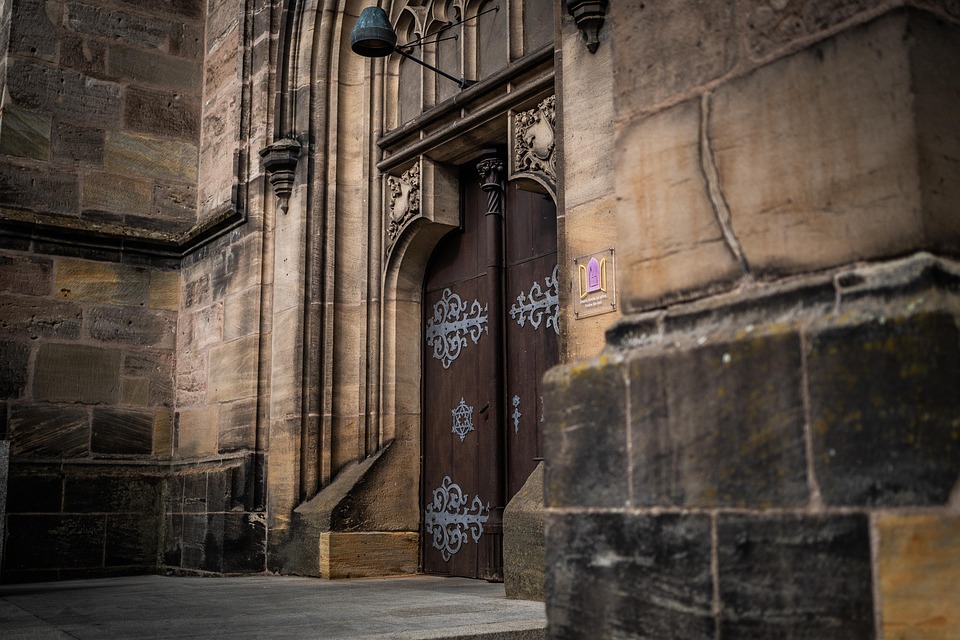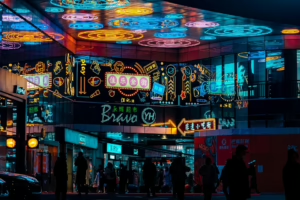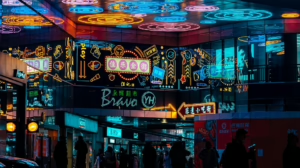Sacred Sites and Secular Struggles: The Dual Heritage of Kosovo
Kosovo, a land steeped in history and cultural complexity, serves as a unique intersection of sacred sites and secular struggles. Nestled in the heart of the Balkans, its landscapes are as rich as its narrative—a juxtaposition of architectural marvels, revered religious sites, and the ongoing socio-political tussles that have defined its past and continue to shape its present.
Historical Context
The geopolitical saga of Kosovo is woven with threads of ancient history, cultural conquests, and ethnic identities. Historically significant to both Serb and Albanian communities, Kosovo was the cradle of medieval Serbian statehood and culture, home to the fabled Battle of Kosovo in 1389. This battleground has become emblematic of Serbian national identity, enshrined within the annals of folklore and history. For Albanians, particularly in the late 20th century, Kosovo emerged as a symbol of resistance against oppression, particularly during the conflicts of the Balkan wars and the 1999 NATO intervention.
Sacred Sites: A Testament to Diversity
Kosovo is dotted with numerous sacred sites reflective of its diverse religious heritage. The Gračanica Monastery, a UNESCO World Heritage site, stands as a prominent symbol of Serbian Orthodox Christianity. Founded in the 14th century, its stunning Byzantine architecture embodies the historical prowess of medieval Serbia. The monastery is not just a religious site; it symbolizes the enduring legacy of the Serbian community in Kosovo.
Conversely, the Xhamia e Madhe (Great Mosque) in the capital city of Pristina represents the Ottoman era and the Islamic faith that took root in the region. Built in the 15th century, it illustrates the profound influence of the Ottoman Empire, which governed the area for several centuries. These religious landmarks coexist in a delicate balance, telling the stories of their respective communities while highlighting the complexities arising from their intertwined histories.
Secular Struggles: National Identity and Political Dynamics
The sacredness of these sites often contrasts sharply with the secular struggles that have unfolded in the region. The declaration of independence from Serbia in 2008 was a pivotal moment in Kosovo’s modern history, celebrated by many Albanians but met with fierce opposition from Serbs and several other nations. The struggle for national identity continues, evident in ongoing tensions over governance, resource allocation, and representation.
The aftermath of the 1990s conflicts still echoes through the region, where issues of justice and reconciliation remain unresolved. The establishment of the EU Rule of Law Mission (EULEX) in Kosovo aimed at strengthening the rule of law and promoting accountability, embodies the ongoing effort to navigate these challenges. However, the mission has faced criticism for its effectiveness and perceived bias, highlighting the complexities of governance in a post-conflict society.
The Path Forward: Fostering Dialogue and Unity
To embrace a future marked by peace and mutual respect, it is imperative to cultivate dialogue centered on shared heritage rather than historical grievances. Efforts such as interfaith initiatives and community dialogues can promote understanding between the Serbian and Albanian populations, fostering a sense of shared identity beyond ethnic divides.
Education plays a crucial role in this endeavor. By integrating lessons on the rich cultural tapestry of Kosovo’s past and acknowledging both sacred sites and contemporary struggles, a new generation can emerge with a nuanced understanding of their shared landscape.
Conclusion
Kosovo’s dual heritage of sacred sites and secular struggles presents a compelling narrative of complexity and resilience. It serves as a reminder of the power of history in shaping identity, community, and conflict. As Kosovo moves forward, the challenge remains to honor its diverse past while striving for a harmonious future—one where sacred sites are respected as shared legacies, and secular struggles are addressed through dialogue, understanding, and collective hope for peace. In this delicate balance lies the potential for a unified Kosovo, rich in its diversity and resolute in its aspirations.
For further reading and an in-depth exploration of Kosovo’s unique heritage, check out this comprehensive source.


























Add Comment